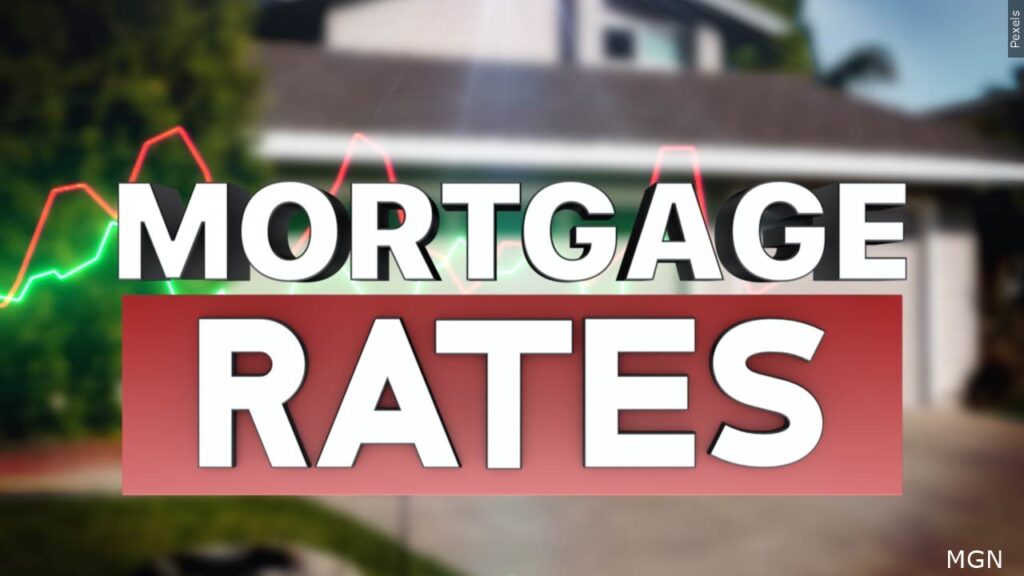Finding the right financial advisor is a crucial decision, impacting your financial well-being for years to come. The term “fiduciary” signifies a high level of trust and legal obligation. A fiduciary financial advisor is legally bound to act in your best interest, prioritizing your needs above their own. This blog post will guide you in your search for a “financial advisor fiduciary near me” and help you understand what to look for.
Understanding the Fiduciary Standard
The fiduciary standard is a legal obligation requiring financial advisors to act solely in their clients’ best interest. This is a much higher standard than the suitability standard, which simply requires advisors to recommend investments that are suitable for your profile, without necessarily prioritizing your best interests. Learn more about the differences between fiduciary and suitability standards here.
Why Choose a Fiduciary Advisor?
Choosing a fiduciary advisor offers peace of mind. Knowing your advisor is legally bound to put your needs first can significantly reduce conflicts of interest and enhance trust.  This allows for a more collaborative and transparent financial planning process. Read more about the benefits of working with a fiduciary.
This allows for a more collaborative and transparent financial planning process. Read more about the benefits of working with a fiduciary.
Finding a Fiduciary Advisor Near You
Several resources can help you locate qualified fiduciary financial advisors in your local area. You can use online search engines, check professional organizations like the National Association of Personal Financial Advisors (NAPFA), or seek recommendations from trusted sources.
Key Questions to Ask Potential Advisors
Before making a decision, it’s essential to ask potential advisors several key questions. Inquire about their fees, investment strategies, experience, and their approach to financial planning. Don’t hesitate to ask for references and check their credentials carefully. [IMAGE_2_HERE] Here’s a checklist of questions to ask your financial advisor.
Reviewing Fees and Compensation Structures
Understand how your advisor is compensated. Fiduciary advisors may charge fees based on assets under management (AUM), hourly rates, or a combination of both. Transparency in fees is crucial, so ensure you understand the complete cost structure before engaging their services. This article offers more insight into financial advisor fees.
Due Diligence and Background Checks
Thoroughly research your potential advisor’s background and qualifications. Check for any disciplinary actions or complaints filed against them with regulatory bodies. This step is vital to protecting yourself from potential fraud or misconduct.
Building a Long-Term Relationship
Finding a financial advisor is about establishing a long-term relationship based on trust and shared goals. Regular communication and open dialogue are vital for ensuring your financial plan remains aligned with your evolving needs and circumstances. [IMAGE_3_HERE]
The Value of Professional Advice
While managing your finances independently might seem appealing, a financial advisor can provide invaluable expertise, support, and objectivity, leading to better financial outcomes. A fiduciary advisor takes this a step further, guaranteeing their actions are always aligned with your best interests.
Frequently Asked Questions
What does a fiduciary financial advisor do? A fiduciary advisor acts in your best interest, legally bound to prioritize your needs above their own financial gain.
How do I find a qualified fiduciary advisor near me? Use online searches, professional organizations like the NAPFA, or seek referrals from trusted contacts.
What questions should I ask potential advisors? Ask about fees, experience, investment strategies, and their process. Don’t hesitate to ask for references and check their credentials.
What are the benefits of a fiduciary relationship? It offers peace of mind knowing your advisor is legally obligated to act solely in your best interests.
Are all financial advisors fiduciaries? No, many operate under a suitability standard, which is a lower standard of care.



